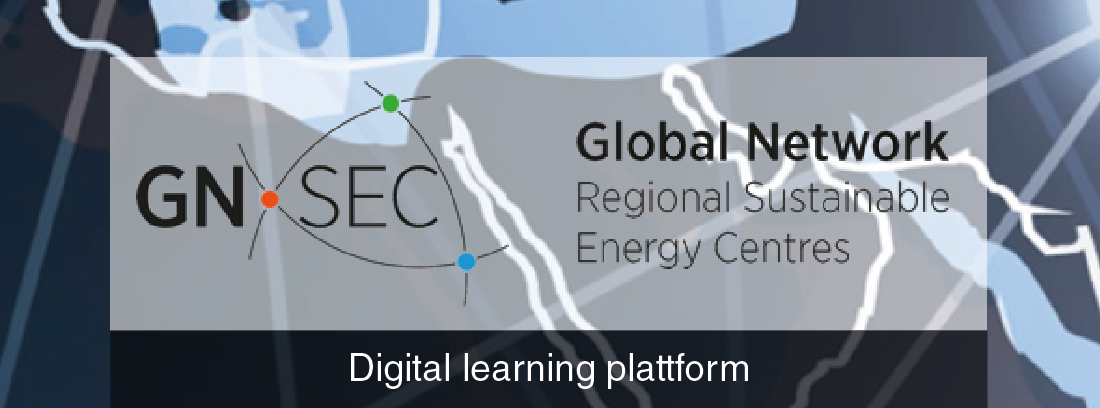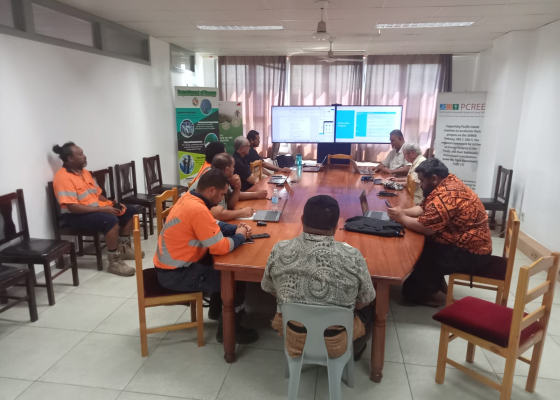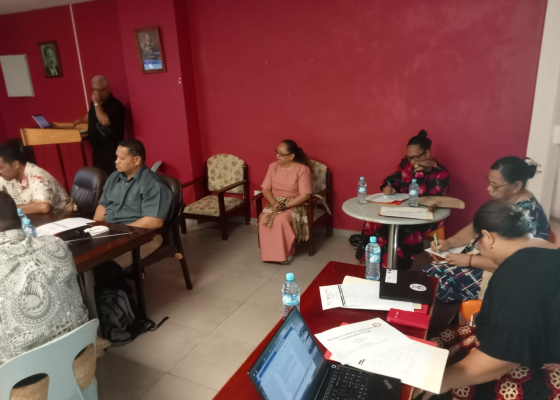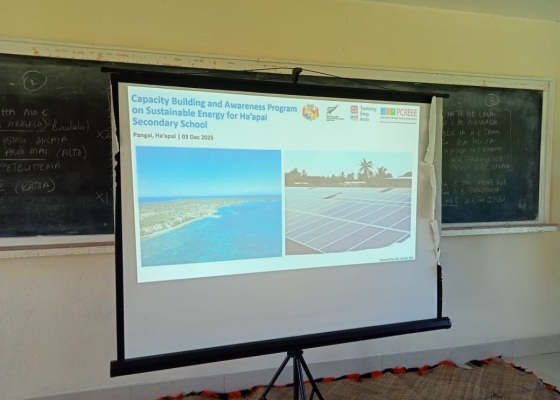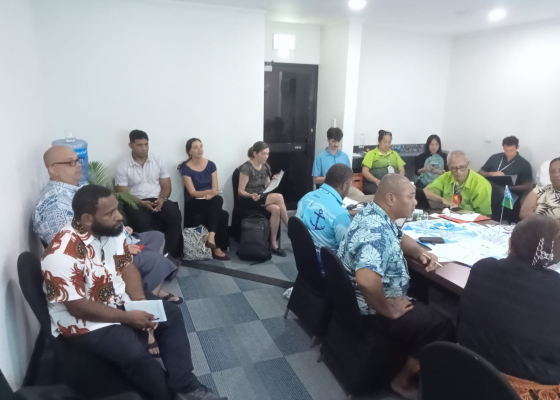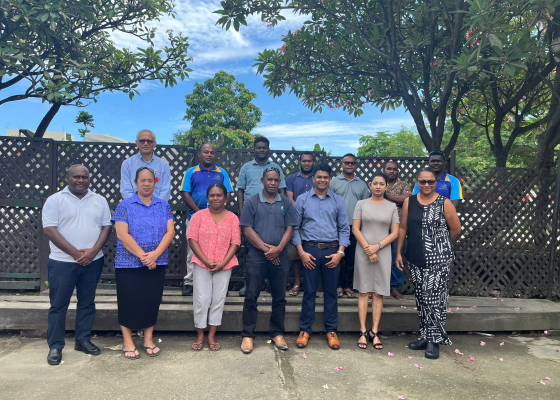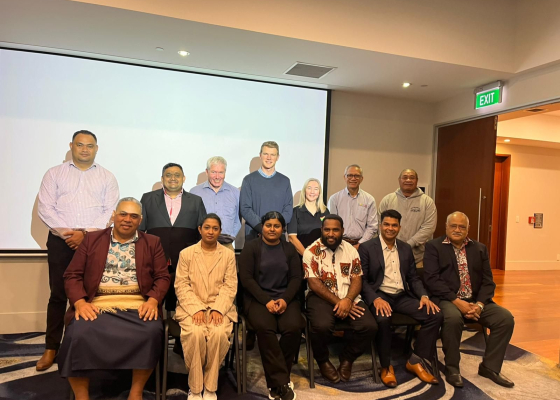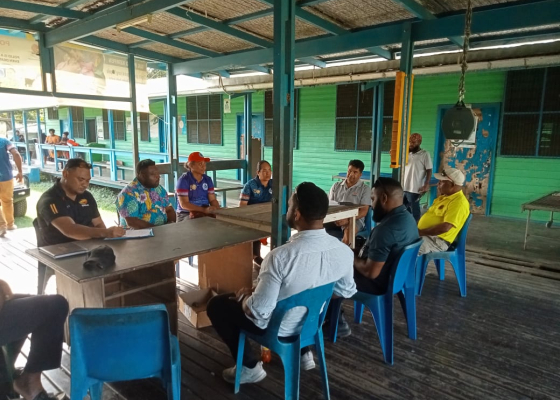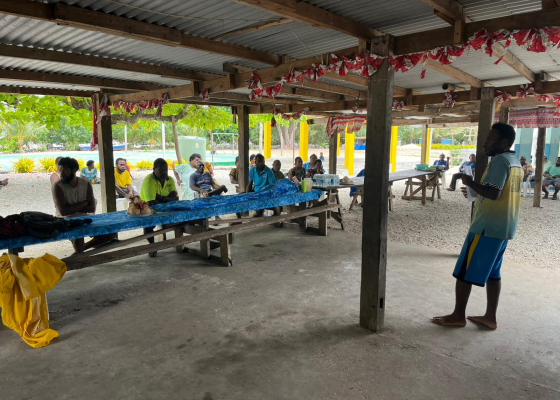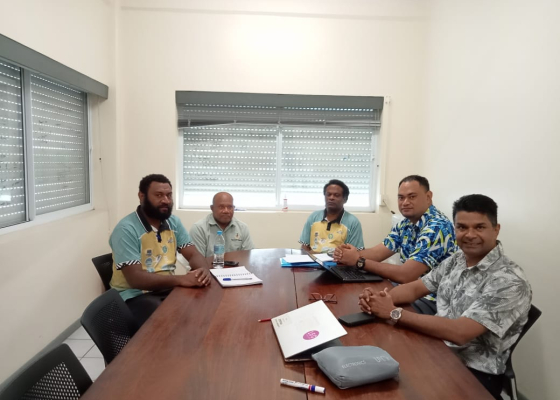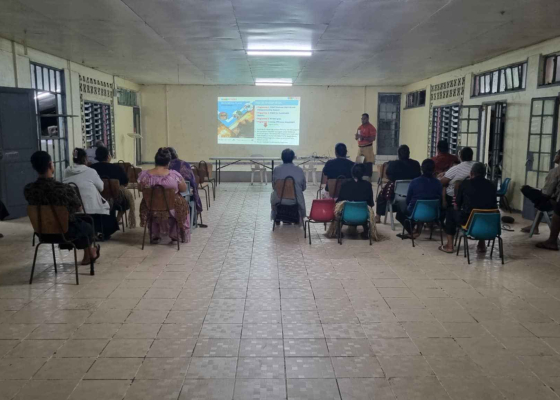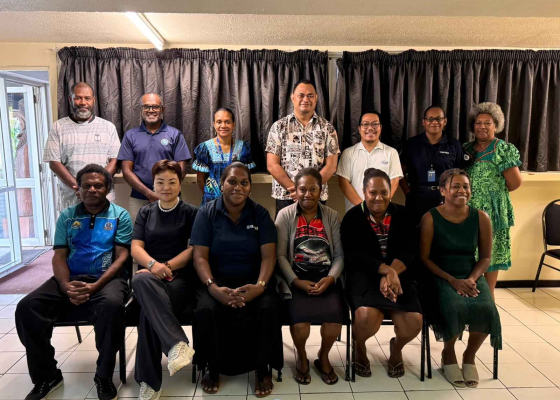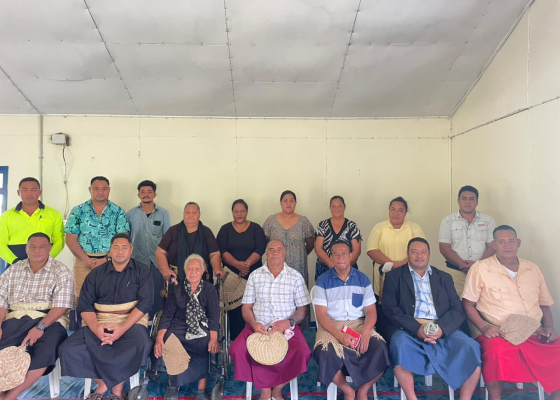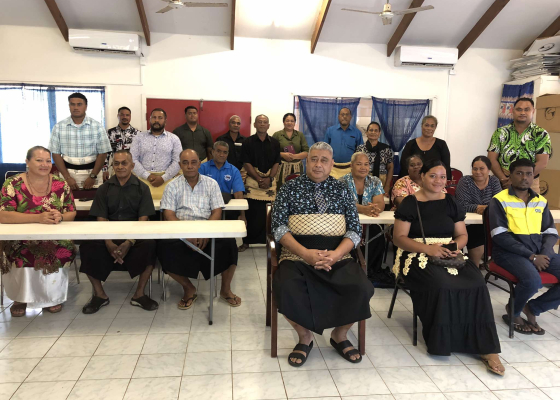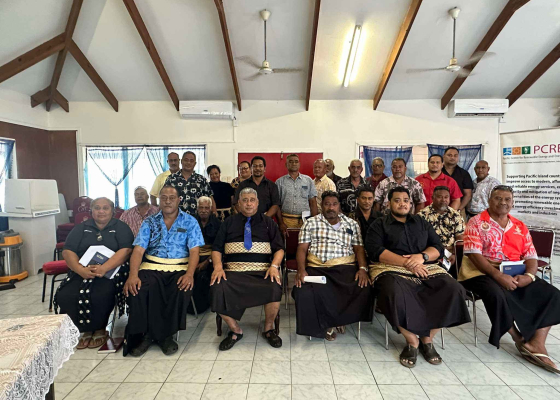PCREEE Renewable Energy Mini-grid Programme for the PICTs (REMPP)
The REMPP is designed to address the mini-grid market challenges in the Pacific Island Countries and Territores (PICTs) as below:
- Limited market knowledge and data for private sector involvement
Currently there is no consolidated market information which refers to past or current mini-grid development and practices in the Pacific.Moreover, participation requires a high level of expertise and experience, making it difficult for local business to contribute to projects.
- Limited financial allocation in energy sector
Although the energy sector is considered a primary focus in developing countries, funding projects with limited financial resources is a difficult task to overcome. Nonetheless, renewable energy based mini-grid projects have very compelling socio-economic benefits. However, in order for mini-grid projects to be highly prioritized for the government’s funding decisions, operational performance must be proven to be reliable and the anticipated socio-economic outcomes must be fulfilled through sustainable operations.
- High risk in private sector involvement and limited economic scale
The existing hurdles and risks are high for private companies doing mini-grid projects in the PICTs.The remote nature of the islands in the PICTs and the harsh marine environment poses challenges due to accessibility issues and the lack of economies of scale. Such unfavorable physical conditions result in a high cost and risk of doing business which often prevents private companies from actively coming in and pursuing business opportunities.As a result, there has been a vacuum of responsibility for the sustainable operation of mini-grid projects, which in turn results in unsatisfactory operational performance and unfulfilled socio-economic benefits of mini-grid projects.
- Limited capacity in project development and technical skills
Most PICTs have announced ambitious goals of renewable energy contributions, from 20 to 50 percent by 2020 to 2025, however, those goals have not been achieved despite the rich renewable energy resources and promising potential benefits. The limited business capacity in project development and limited number of skilled workers makes it difficult to manage system sustainably. These key challenges must be overcome in order to facilitate mini-grid development and achieve the stated goals of the PICTs.
| Attachment | Size |
|---|---|
| 2.93 MB |
Upcoming Events
-
03/10/2026
-
03/10/2026
-
03/13/2026
-
03/13/2026
-
03/25/2026 to 03/26/2026






